Every psychotherapist in Ontario started exactly where you are now: curious, motivated, and ready to make a positive impact. The path ahead is clear, achievable, and designed to transform both your professional life and the lives of countless people you'll guide along the way.
This guide covers everything you need to know about becoming a psychotherapist in Ontario in 2025. We'll walk through what the title means legally, the education and experience requirements, and the career opportunities waiting for you. Let's start with understanding what being a "therapist" actually means in Ontario's regulated mental health landscape.
What therapist actually is?
While there are lots of different therapists: psychotherapist, physiotherapist, massage therapist, when most people in Canada search for a 'therapist,' they're generally looking for a psychotherapist, a mental health professional who provides counseling services to support people in overcoming depression, anxiety, trauma, and other emotional difficulties.
And for psychotherapy, it refers to structured therapeutic sessions with a trained mental health professional, whether individual, couple, family, or group sessions, where you work together to understand your emotions, develop coping strategies, get some insights, and address mental health challenges.
The legal landscape: why "psychotherapist" matters in Ontario
Across Canada, provincial regulations determine who can legally provide psychotherapy services and use the protected title of "psychotherapist." In Ontario, where this title is strictly regulated, only certain licensed professionals are authorized to provide psychotherapy and legally identify themselves as psychotherapists.
Who can be a psychotherapist?
In Ontario, members of six professional colleges can legally provide therapy under the controlled act of psychotherapy. They are all regulated professionals who receive extensive training in health and mental health practice.
Registered Psychotherapist (RP)
RPs are all about psychotherapy. They use a range of techniques to boost mental health and emotional well-being. Trained through master’s-level programs approved by the College of Registered Psychotherapists of Ontario, they’re the go-to pros for this title, who meet strict clinical standards to guide you through life’s challenges.
Registered Social Worker (RSW) / Registered Social Service Worker (RSSW)
They weave mental health support into the bigger picture of social, family, and community life. With training in human behavior and counseling, approved by the Ontario College of Social Workers and Social Service Workers, they provide psychotherapy while considering how your environment shapes your well-being. RSWs typically hold a bachelor’s or master’s in social work, while RSSWs have a diploma in social service work.
Psychologist / Psychological Associate
They dive deep into human behaviour, emotions, and mental processes. They’re skilled in psychological assessments, diagnosing conditions like those in the DSM-5 (the Diagnostic and Statistical Manual of Mental Disorders, which is a guide that defines and classifies mental health conditions), and offering evidence-based psychotherapy, as regulated by the College of Psychologists of Ontario. Psychologists need a doctoral degree, while Psychological Associates require a master’s plus supervised practice.
Physician
Medical doctors bring a medical lens to psychotherapy. With an MD from medical school, and as regulated by the College of Physicians and Surgeons of Ontario, they combine their understanding of physical and mental health to provide therapy and medical treatments for well-rounded care. That being said, physicians are generally less involved in psychotherapy, especially if they are not psychiatrists.
Registered Nurse (RN) / Registered Practical Nurse (RPN)
Nurses offer psychotherapy with a holistic health perspective, which considers both physical and emotional well-being. RNs hold a bachelor’s degree in nursing, while RPNs have a diploma, both approved by the College of Nurses of Ontario. With additional training in mental health and psychotherapy, they are equipped to support clients through the mind-body connection, addressing how physical health, lifestyle, and emotional factors interact in overall wellness.
Occupational Therapist (OT)
Occupational therapists support people to thrive in daily life. Trained through a master's degree, as required by the College of Occupational Therapists of Ontario, they can provide psychotherapy to improve mental health and enhance everyday functioning.
Educational pathways: building your foundation
While all of the professions above are legally qualified to provide therapy, the journeys they take to get there can look very different, each with its own unique training, focus, and expertise.
Registered Psychotherapist (RP)
✅ Master’s degree
RPs start their journey with a bachelor's degree, which can be pretty flexible, as it can be in any field, opening the door for all kinds of curious minds. Next, they dive into a master's degree or a specialized post-graduate diploma in psychotherapy, like counselling psychology or maybe even art therapy. These programs, approved by the College of Registered Psychotherapists of Ontario, teach them how to listen deeply, guide thoughtfully, and create a safe space for healing. Once they obtain the degree, they can register as a Registered Psychotherapist (Qualifying), and receive practicum and exam to be fully registered.
Registered Social Worker (RSW) / Registered Social Service Worker (RSSW)
✅ Bachelor’s degree (RSW) / ✅ Diploma (RSSW)
RSWs follow a path focused on uplifting communities. They earn a Bachelor of Social Work (BSW) or a Master of Social Work (MSW) (which you can pursue with a different bachelor's degree!) from programs accredited by the Canadian Association for Social Work Education. These degrees blend practical skills with a big-picture view of how to support people through mental health struggles and social challenges. For Registered Social Service Workers (RSSWs), the route is a bit shorter but just as impactful. They complete a diploma in social service work, approved by the Ontario College of Social Workers and Social Service Workers, focusing on hands-on ways to make a difference.
Psychologist / Psychological Associate
✅ Doctorate degree (Psychologist) / ✅ Master’s degree (Psychological Associate)
Psychologists take a longer academic road, and it’s a fascinating one! They need a doctoral degree (like a Ph.D. or Psy.D.) in psychology, which usually comes after a bachelor’s and often a master’s degree in psychology. This deep dive into the science of the mind, overseen by the College of Psychologists and Behaviour Analysts of Ontario, prepares them to assess, diagnose, and treat complex mental health conditions. Psychological Associates, meanwhile, need a master’s degree in psychology plus several years of supervised practice, which gives them a practical edge while still mastering the same skills as psychologists.
Physician
✅ Doctorate degree
Physicians follow a rigorous and fascinating path through medical school to earn a medical degree (MD in Canada). This journey, regulated by the College of Physicians and Surgeons of Ontario, starts with a bachelor’s degree in a related field like biology or health sciences, followed by four years of medical school. They blend medical expertise with mental health training. This allows them to diagnose, prescribe medications, and offer psychotherapy, which makes them key players in mental health care.
Registered Nurse (RN) / Registered Practical Nurse (RPN)
✅ Bachelor’s degree (RN) / ✅ Diploma (RPN)
RNs pursue a bachelor’s degree in nursing through programs approved by the College of Nurses of Ontario. This four-year degree prepares them for a wide range of health care roles, and with additional mental health training, they can provide psychotherapy. Registered Practical Nurses (RPNs) take a shorter route, completing a two-year diploma in practical nursing, also approved by the College of Nurses. With specialized mental health training, they too can offer therapeutic support.
Occupational Therapist (OT)
✅ Master’s degree
OTs earn a master's degree in occupational therapy from an accredited program, as required by the College of Occupational Therapists of Ontario. Their studies focus on supporting people to thrive in daily activities, and with extra mental health training, they can provide psychotherapy to support emotional well-being. What is slightly different is that the college requires OTs to receive mental health training and supervised hours to be able to practice therapy, unlike other listed professionals where once you get the title and you are confident to provide therapy, you can do so.
What will you expect in the training
Trainings may not be what you imagine
Many people expect psychotherapy training to involve sitting in circles discussing feelings, but the reality is far more rigorous. Students tackle intensive coursework in abnormal psychology, research methods, and evidence-based interventions. Rather than just learning to be good listeners, they master specific therapeutic techniques like CBT protocols and trauma processing methods through role-playing exercises and supervised practice. The training also covers navigating ethical dilemmas, legal requirements, and professional boundaries.
What does it look like in student internship?
Student internships are intense, hands-on experiences where interns start by observing experienced therapists before gradually taking on their own clients under close supervision. Some sessions may be recorded or observed and discussed afterward in detail. Interns quickly find themselves managing multiple clients with varying diagnoses while writing detailed notes, attending supervision meetings, and sometimes handling crisis situations. It's emotionally demanding work that requires balancing empathy with professional objectivity while receiving constant feedback on therapeutic skills.
What school will not teach you
Academic programs can't prepare you for the emotional toll of hearing traumatic stories daily or the frustration of clients who don't improve despite your best efforts. Schools don't teach you how to handle the administrative burden of insurance paperwork, scheduling conflicts, or difficult family dynamics in the waiting room. You'll learn therapeutic techniques but not how to manage your own stress, set boundaries with clients who contact you outside sessions, or deal with the isolation of private practice where you can't discuss your work with friends or family due to confidentiality requirements.
Career opportunities: where your skills will take you
Public sector
The public sector offers psychotherapists stable employment with comprehensive benefits and the opportunity to serve diverse, often underserved populations.
Community mental health centers provide experience treating a wide range of conditions from anxiety and depression to severe mental illness, often working as part of multidisciplinary teams.
Hospitals and healthcare networks increasingly integrate psychotherapists into primary care settings, emergency departments, and specialized units like oncology or cardiac care where mental health support is crucial.
Government agencies, school boards, and correctional facilities also employ therapists to provide therapeutic services within institutional settings. Public sector work typically offers structured hours, professional development opportunities, and the satisfaction of making mental health care accessible to those who might not otherwise afford it, though caseloads can be high and resources sometimes limited.
Private practice
Private practice offers psychotherapists maximum autonomy and earning potential, which allows them to set their own schedules, choose their specialties, and build long-term therapeutic relationships. Many therapists start by joining established group practices to share overhead costs and benefit from collegial support before potentially launching solo practices. Specializing in areas like trauma therapy, couples counseling, or specific populations can command higher fees and create niche markets. The rise of telehealth has expanded private practice possibilities and allows therapists to reach clients across Ontario without geographic limitations.
While private practice requires business skills beyond therapy, like marketing, billing, insurance navigation, and practice management, it offers the freedom to create your ideal work environment and the potential for significantly higher income than public sector positions, particularly as you build a reputation and referral network.
关于 Stellocare
本篇文章来自 Stellocare,加拿大值得信赖的心理健康专业名录。我们连结通过严格审核的持牌治疗师、社工与心理学家,为您带来真实可靠的专业资讯。
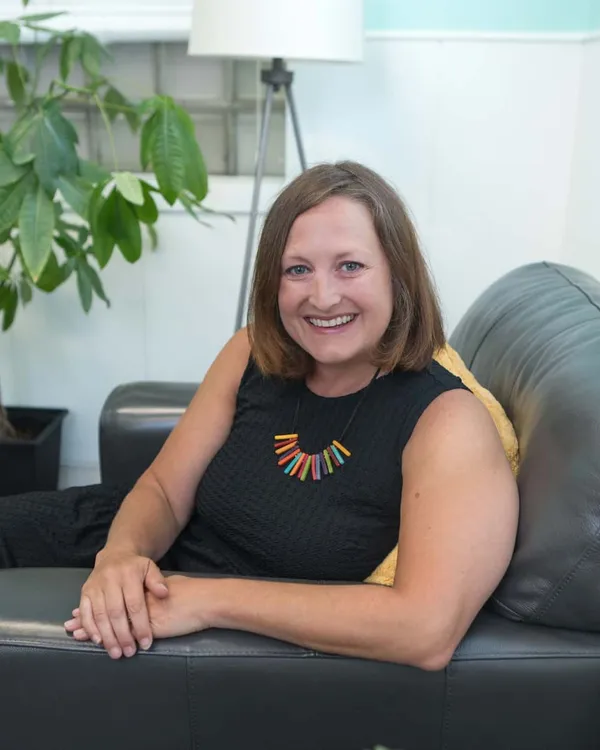
Christine Griffiths
Registered Psychotherapist (ON)

Jessica Sykes
Registered Psychotherapist (Qualifying) (ON)

Riffat Yusaf
Registered Psychotherapist (ON)
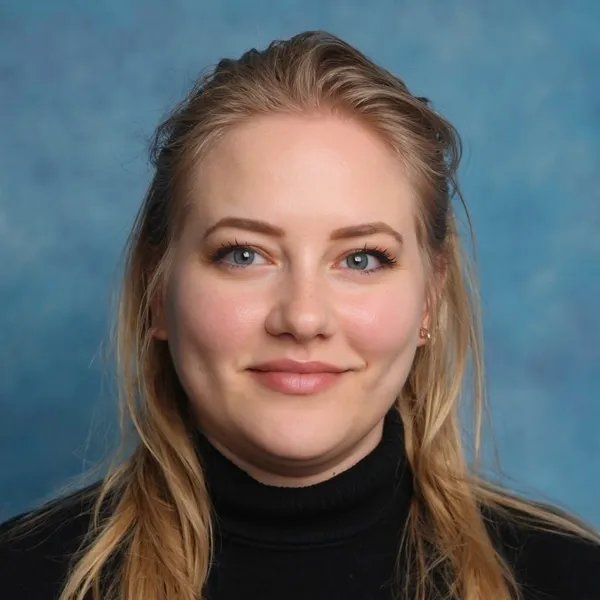
Veronica Kozak
Registered Psychotherapist (Qualifying) (ON)

Katherine Collins
Registered Psychotherapist (Qualifying) (ON)
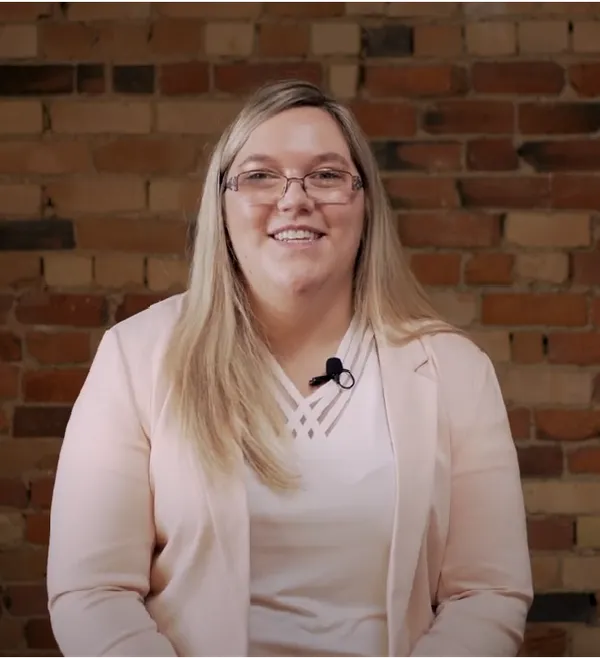
Emily Duggan
Registered Psychotherapist (ON)

Alex Choi
Registered Social Worker (ON)
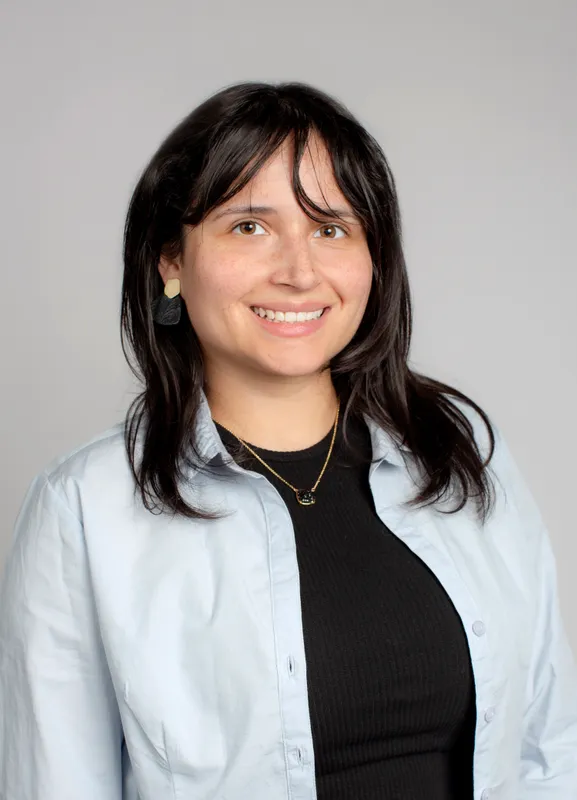
Natasha Milloy
Registered Psychotherapist (Qualifying) (ON)
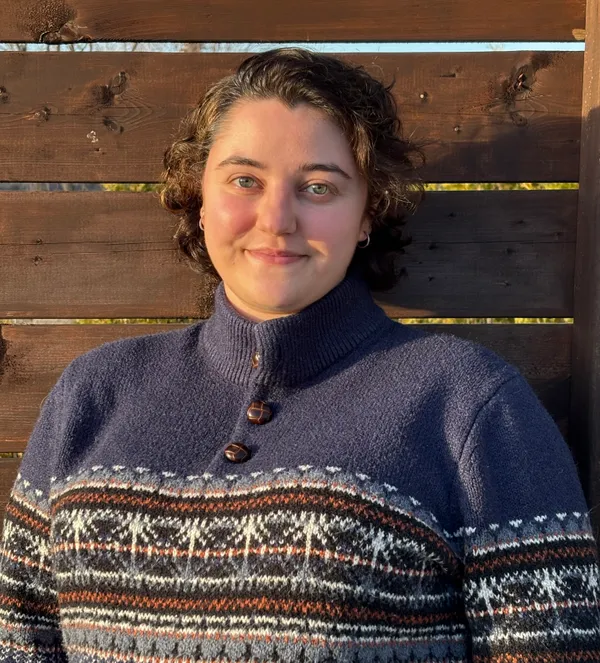
Liv Noël Dakkak
Registered Social Worker (ON)
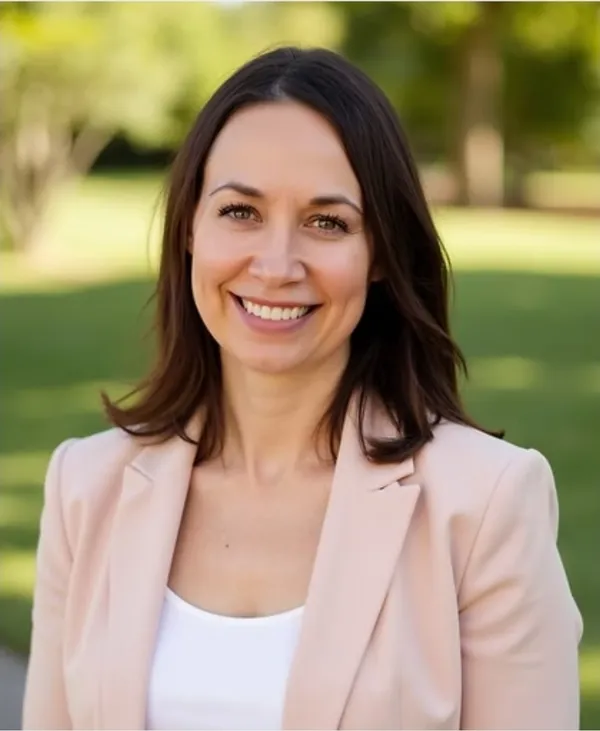
Penelope Waller Ulmer
Registered Psychologist (AB)

Ravonna Littlewood
Registered Social Worker (ON)
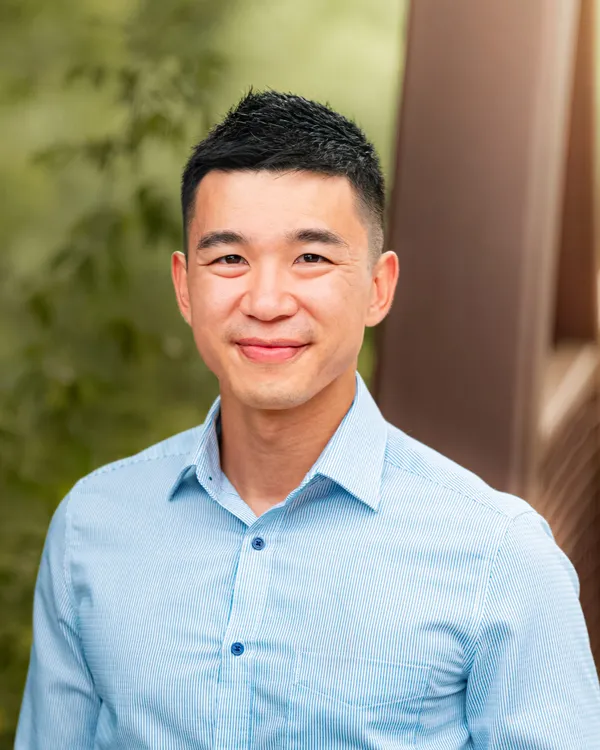
Peter Wong
Registered Psychotherapist (ON)

Esha Jain
Registered Psychotherapist (Qualifying) (ON)

Elena Temelkova
Canadian Certified Counsellor

Tina Bells
Registered Psychotherapist (ON)
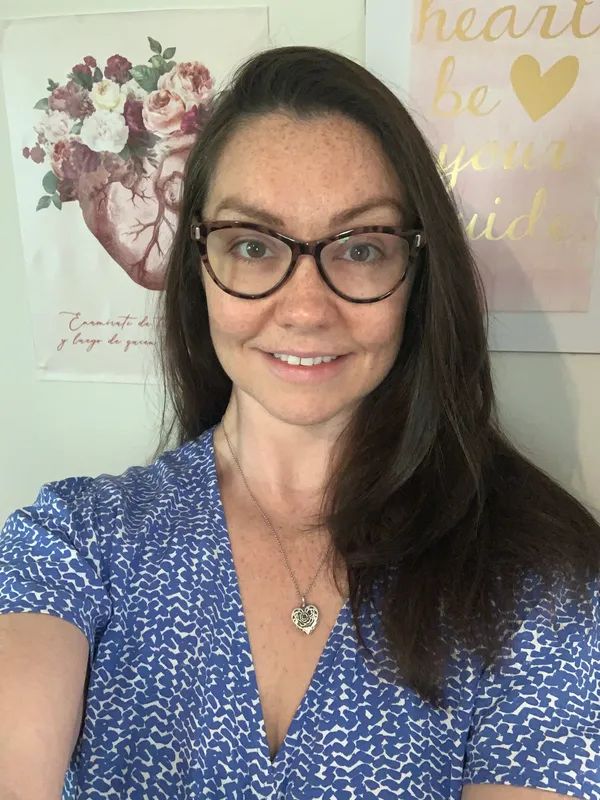
Cassandra Valmestad
Canadian Certified Counsellor

Michaela Leedahl
Registered Social Worker (SK)

Amelia Henriquez
Registered Psychotherapist (Qualifying) (ON)

Marlo Drago
Registered Social Worker (ON)

Christine Griffiths
Registered Psychotherapist (ON)

Jessica Sykes
Registered Psychotherapist (Qualifying) (ON)

Riffat Yusaf
Registered Psychotherapist (ON)

Veronica Kozak
Registered Psychotherapist (Qualifying) (ON)

Katherine Collins
Registered Psychotherapist (Qualifying) (ON)

Emily Duggan
Registered Psychotherapist (ON)

Alex Choi
Registered Social Worker (ON)

Natasha Milloy
Registered Psychotherapist (Qualifying) (ON)

Liv Noël Dakkak
Registered Social Worker (ON)

Penelope Waller Ulmer
Registered Psychologist (AB)

Ravonna Littlewood
Registered Social Worker (ON)

Peter Wong
Registered Psychotherapist (ON)

Esha Jain
Registered Psychotherapist (Qualifying) (ON)

Elena Temelkova
Canadian Certified Counsellor

Tina Bells
Registered Psychotherapist (ON)

Cassandra Valmestad
Canadian Certified Counsellor

Michaela Leedahl
Registered Social Worker (SK)

Amelia Henriquez
Registered Psychotherapist (Qualifying) (ON)

Marlo Drago
Registered Social Worker (ON)






